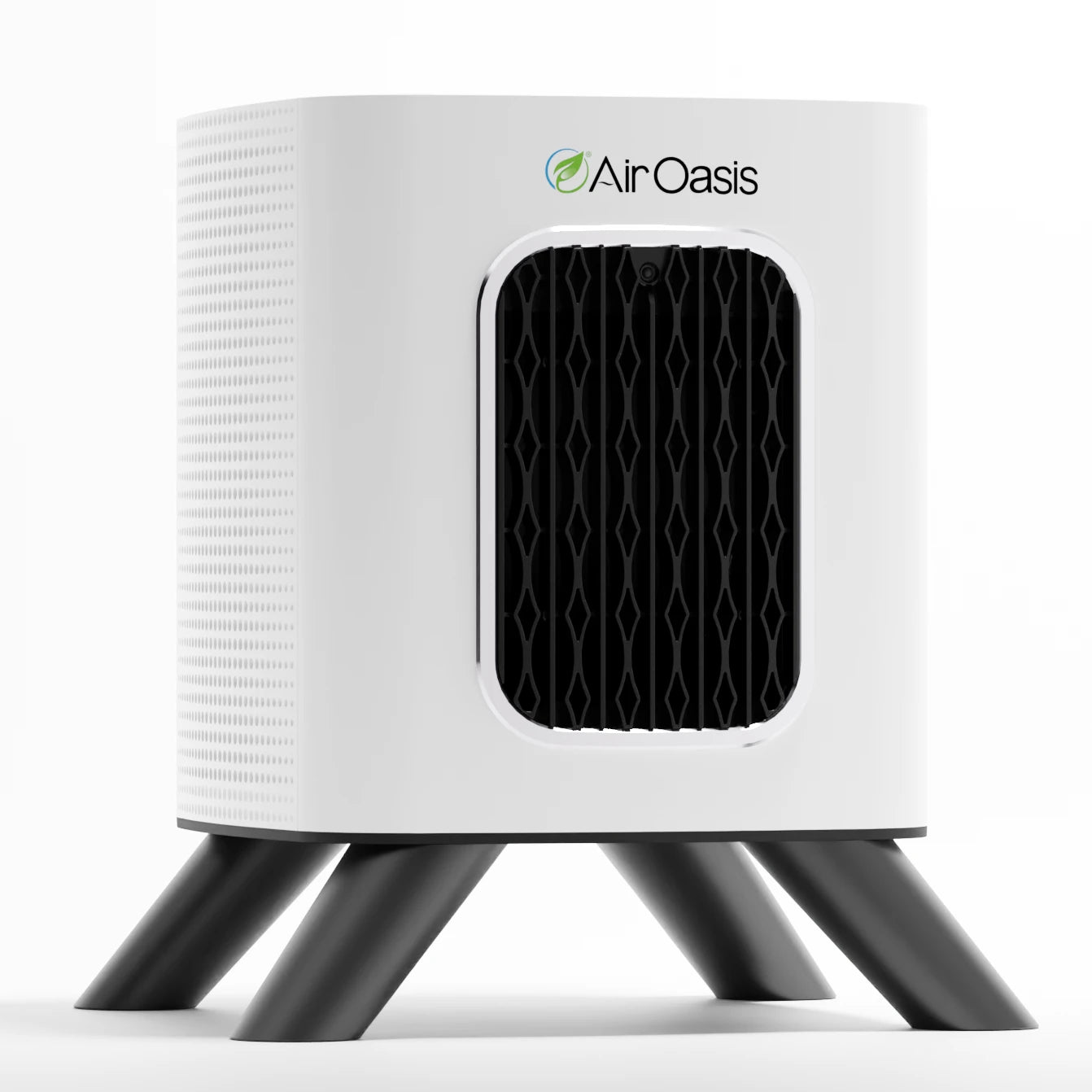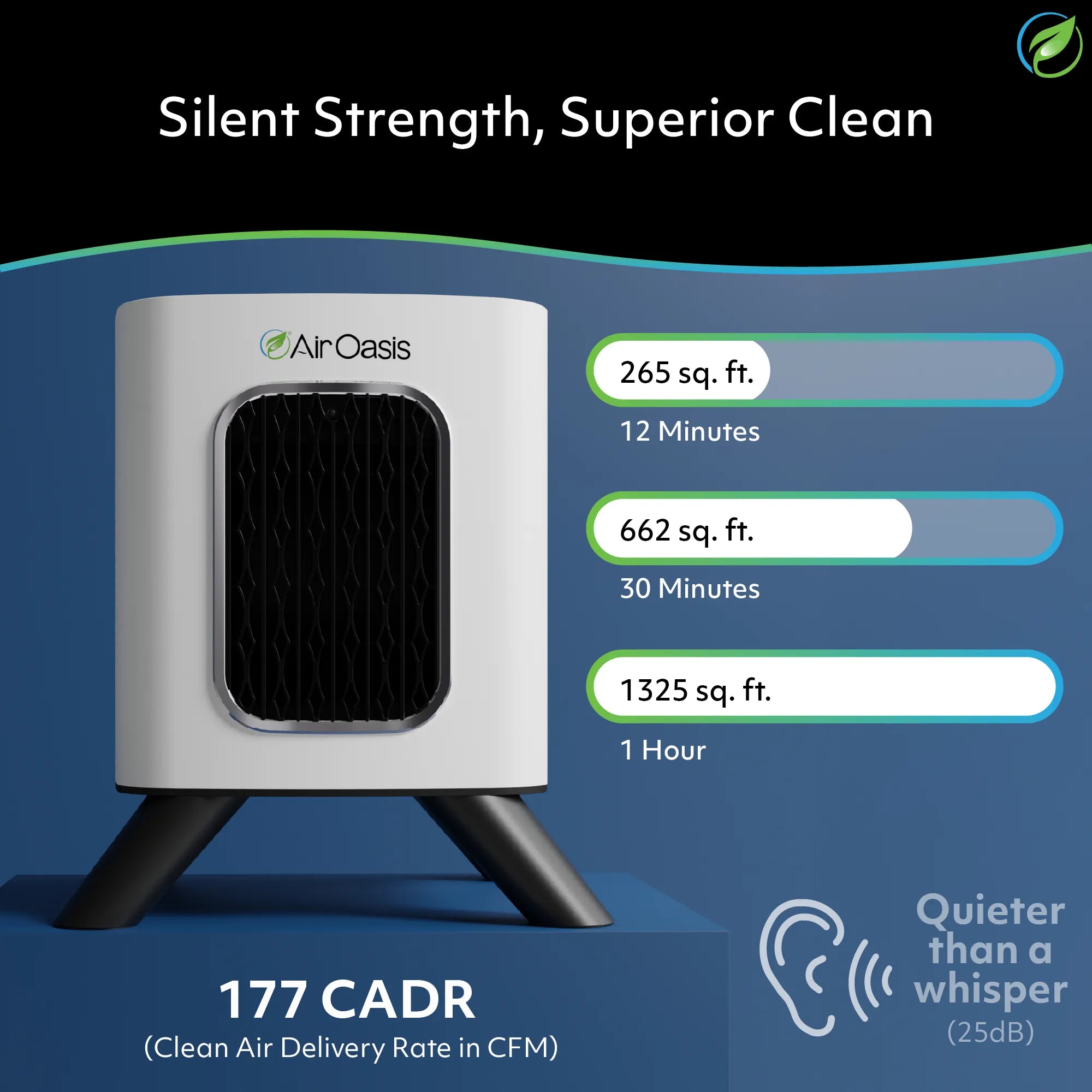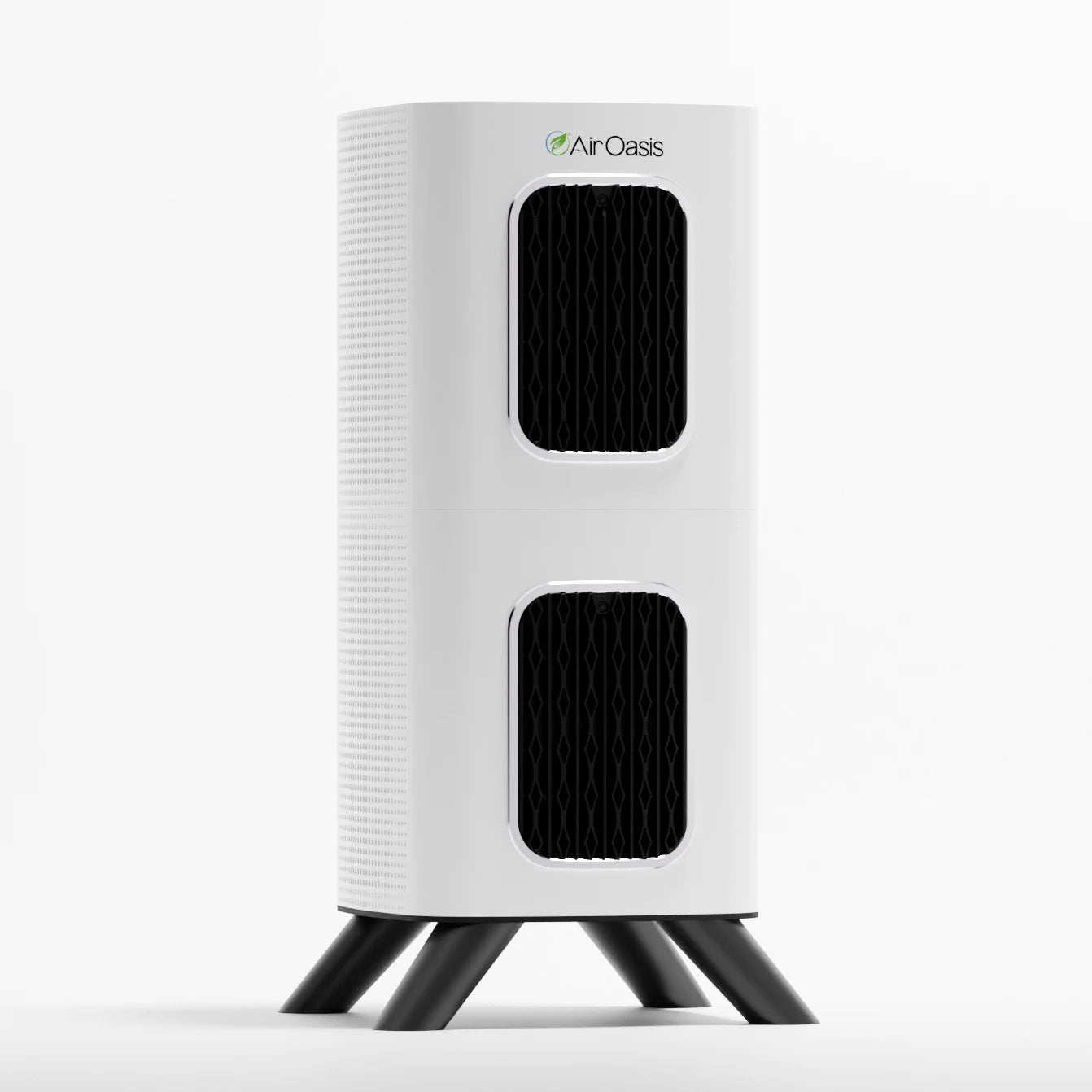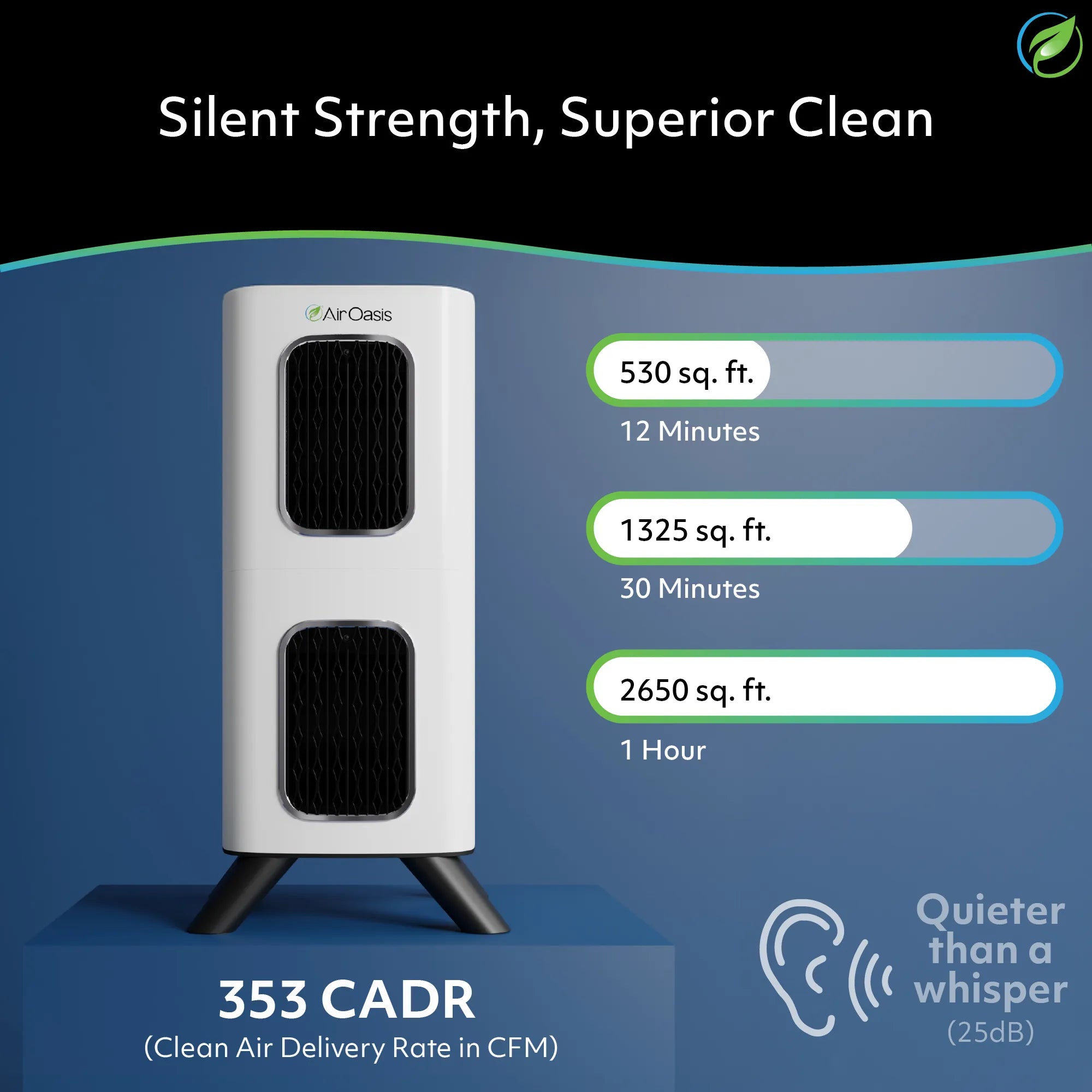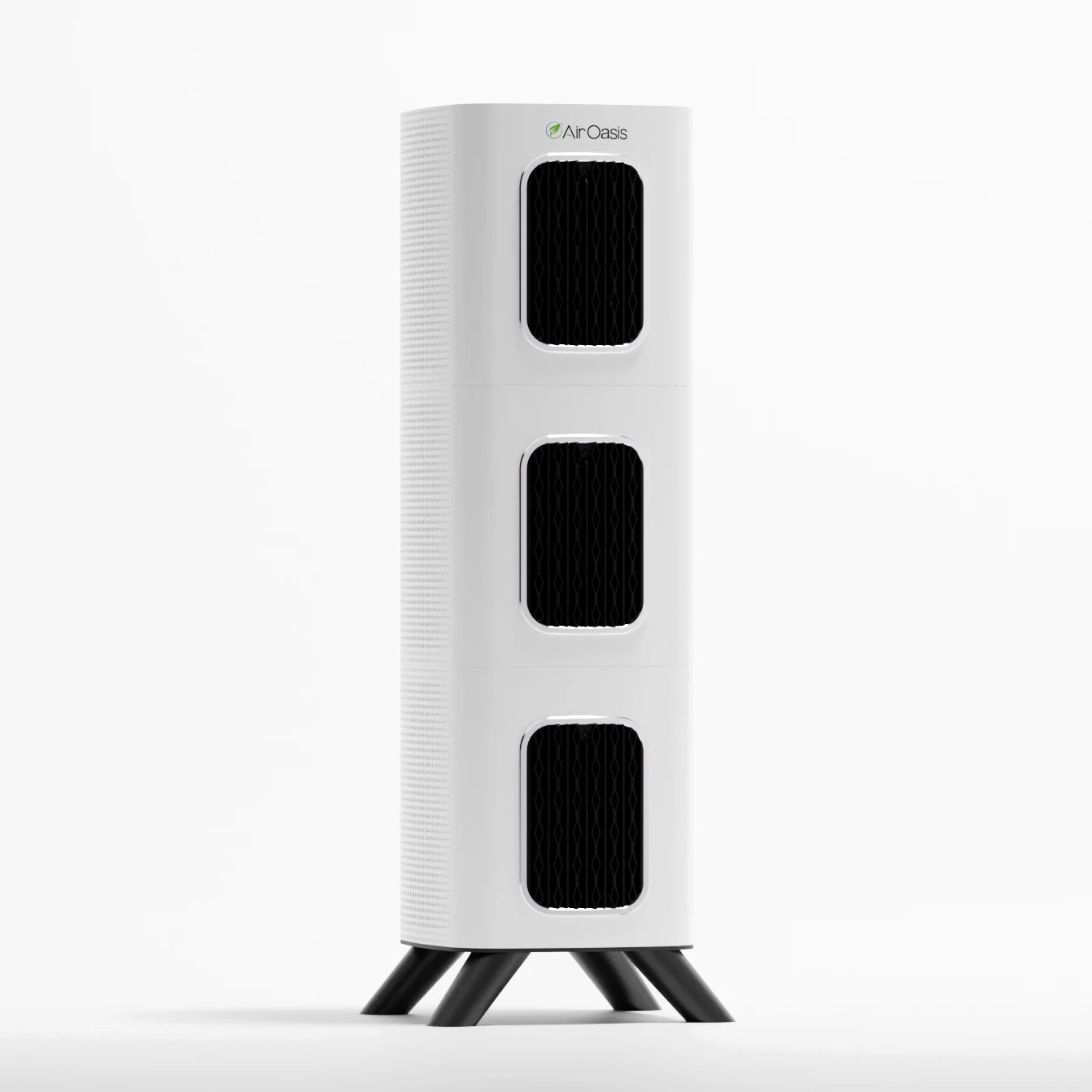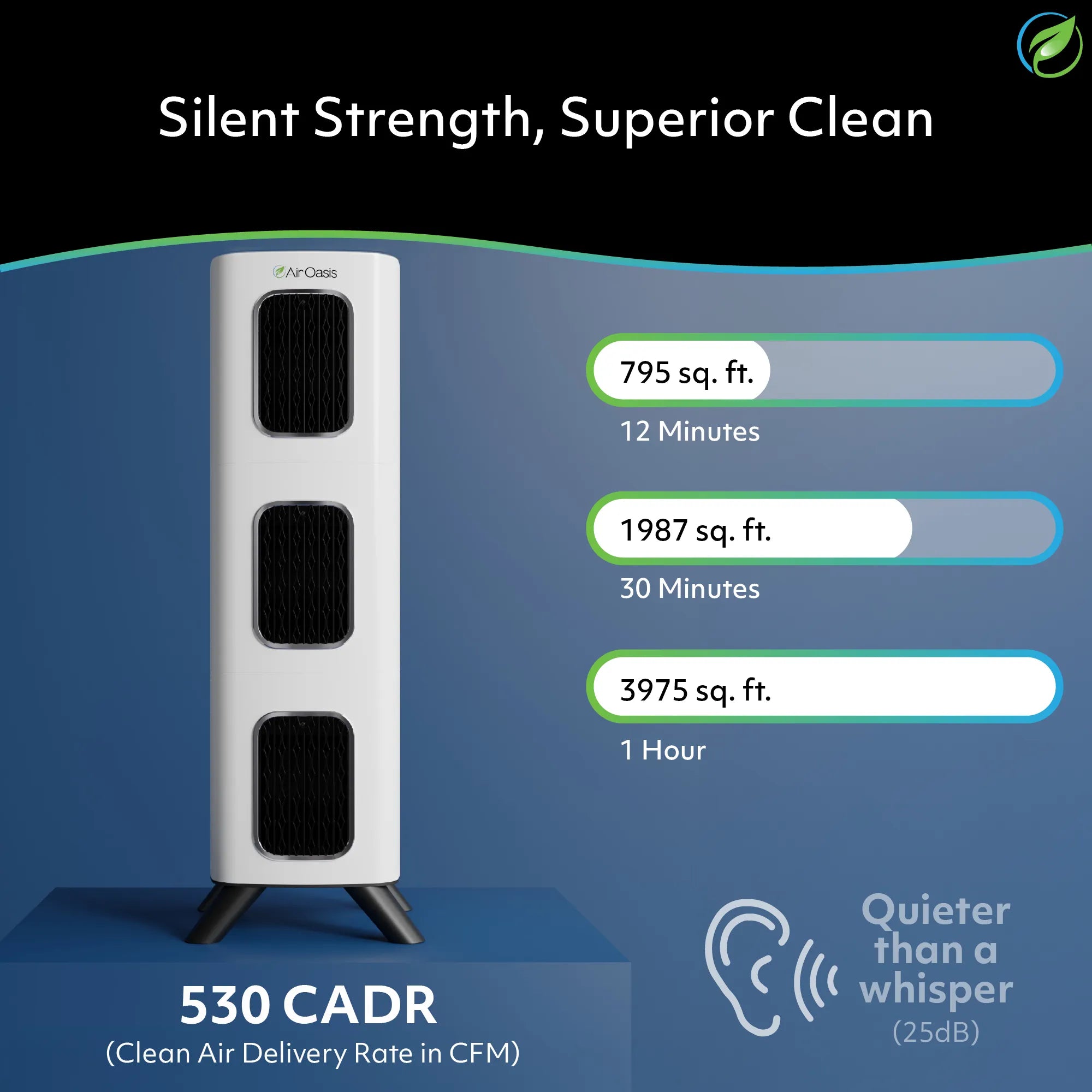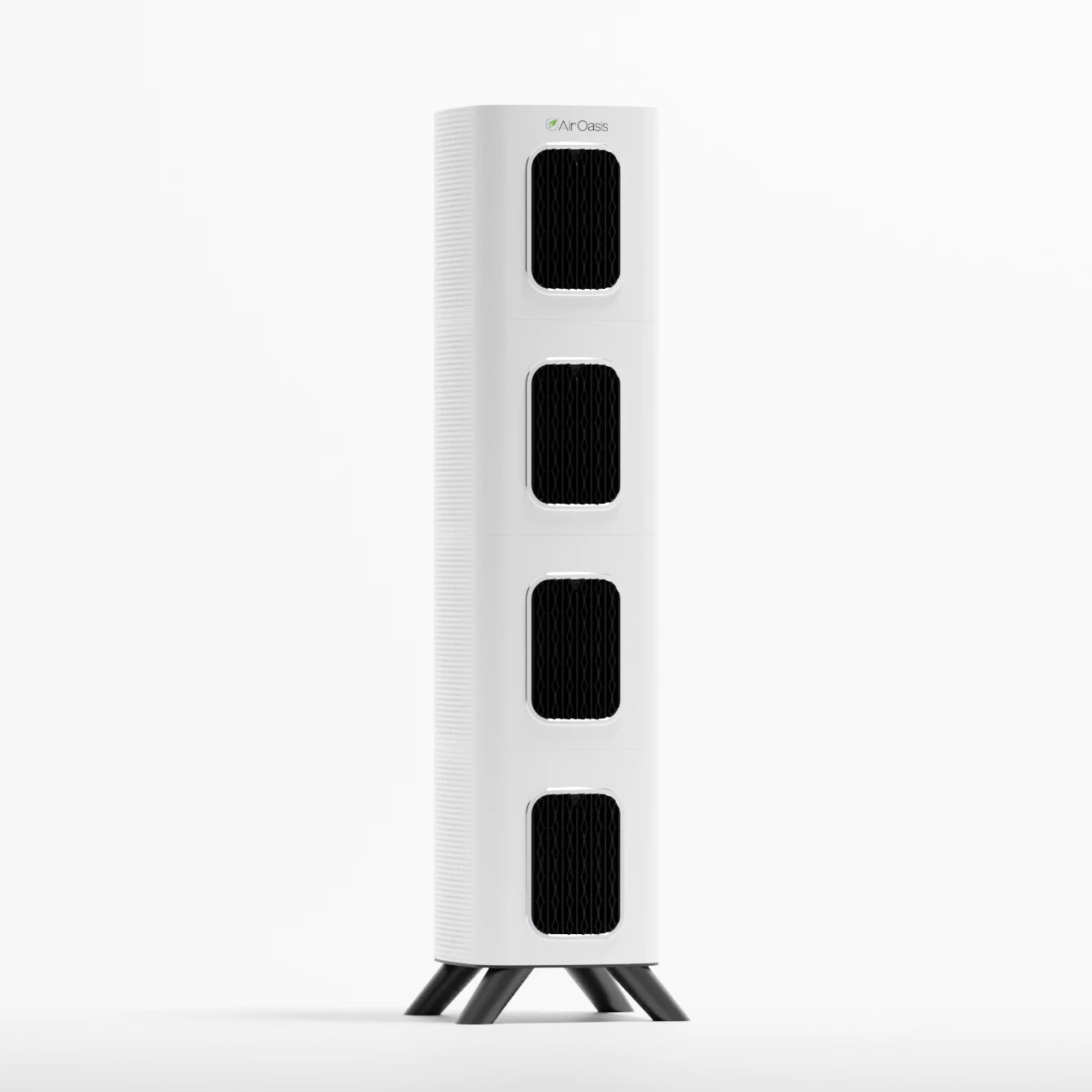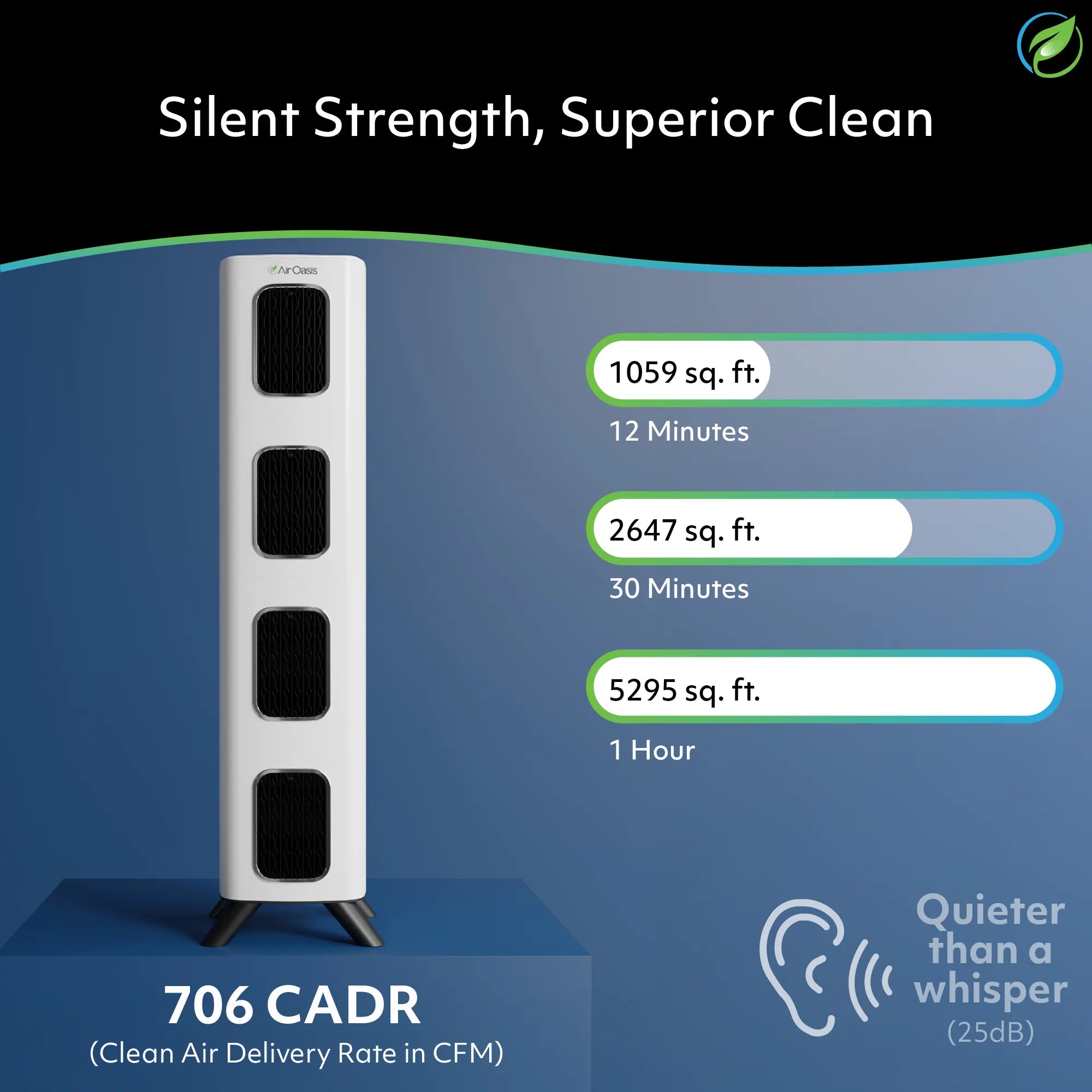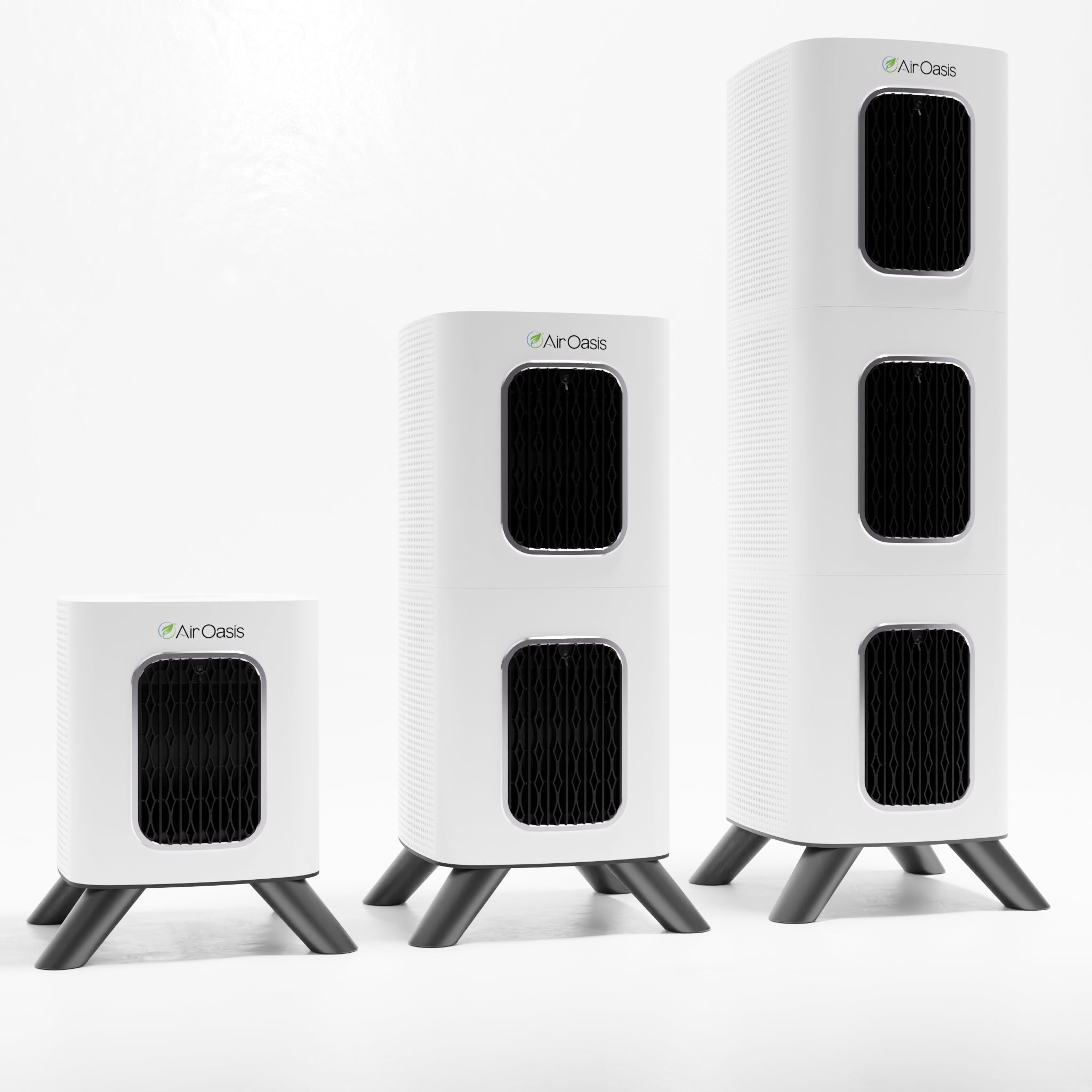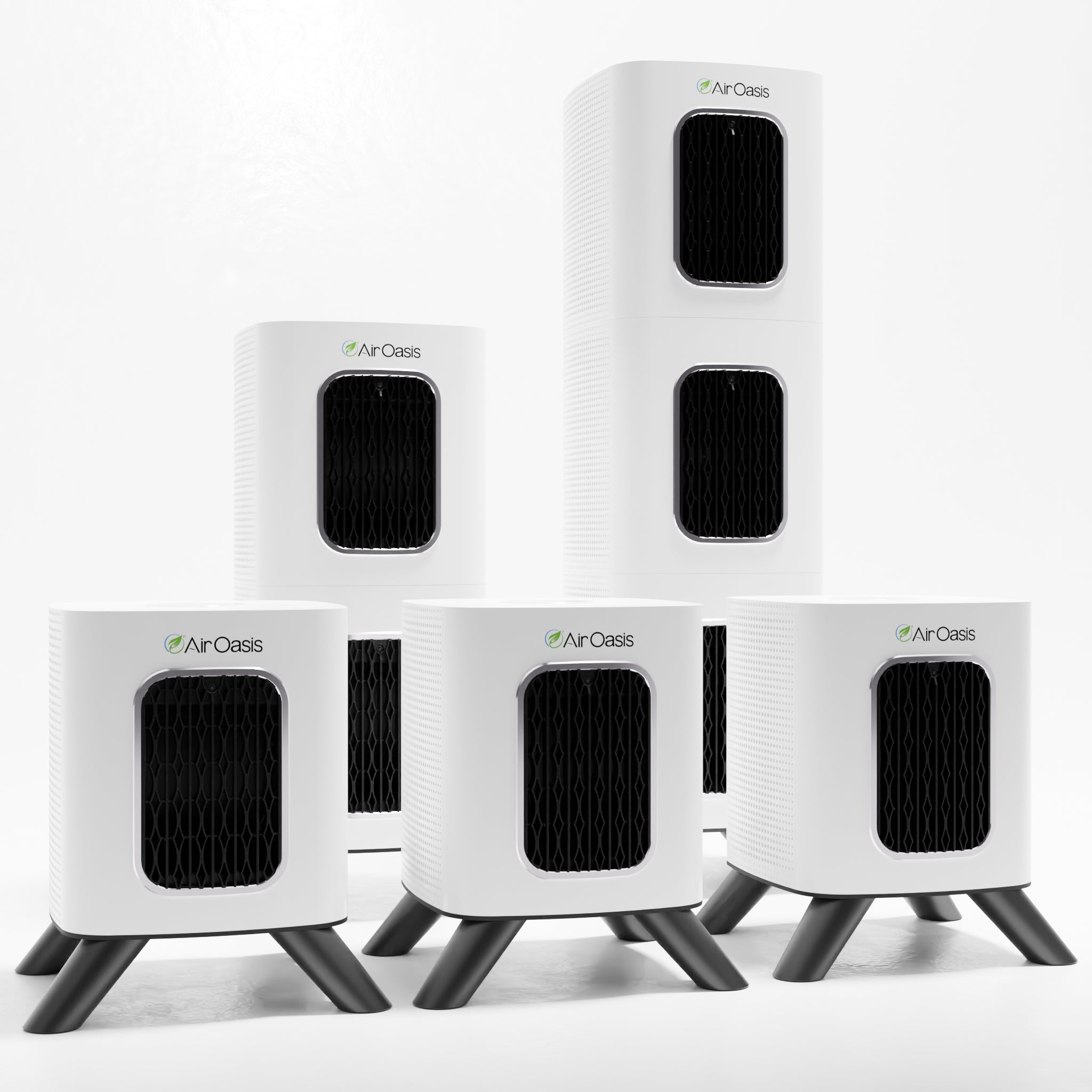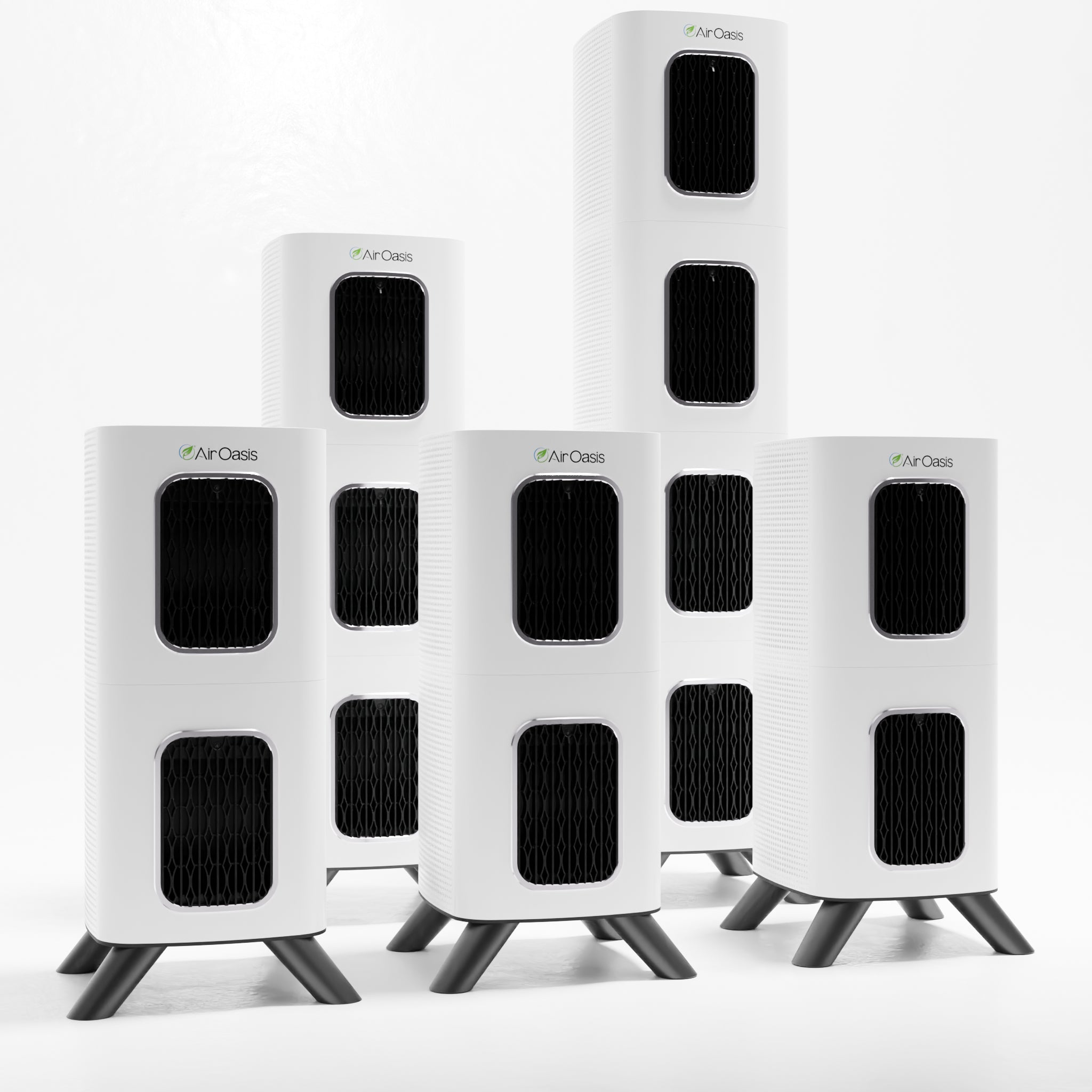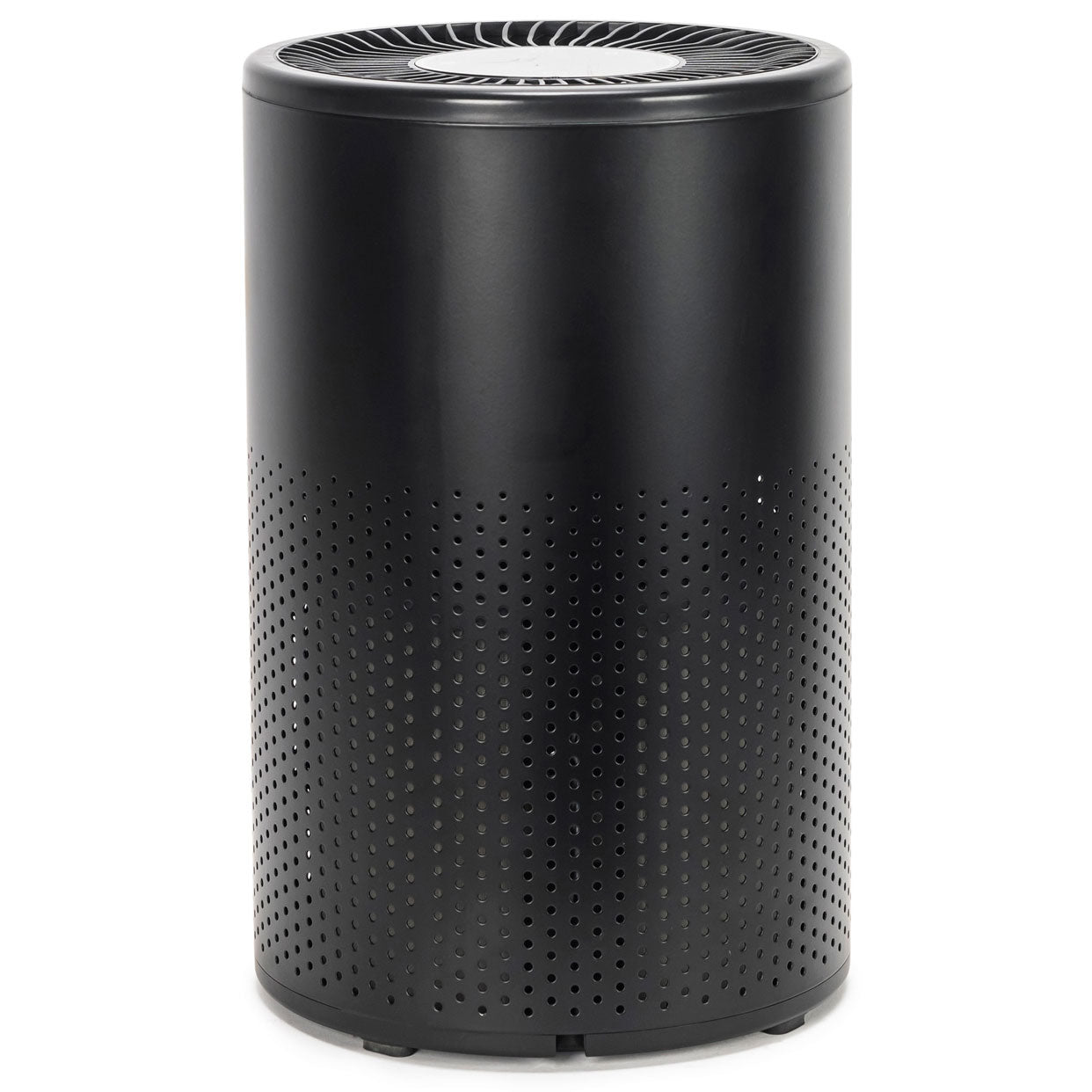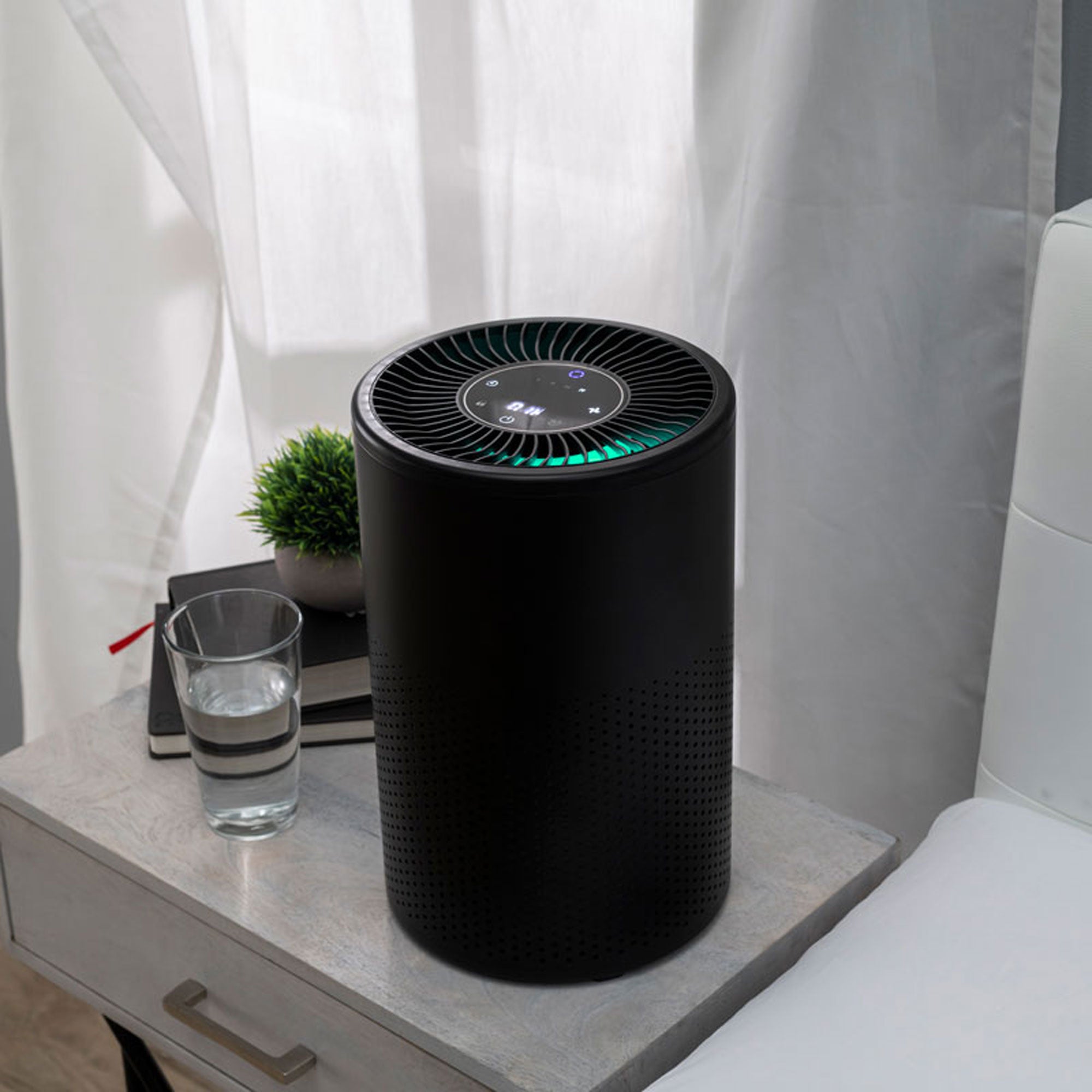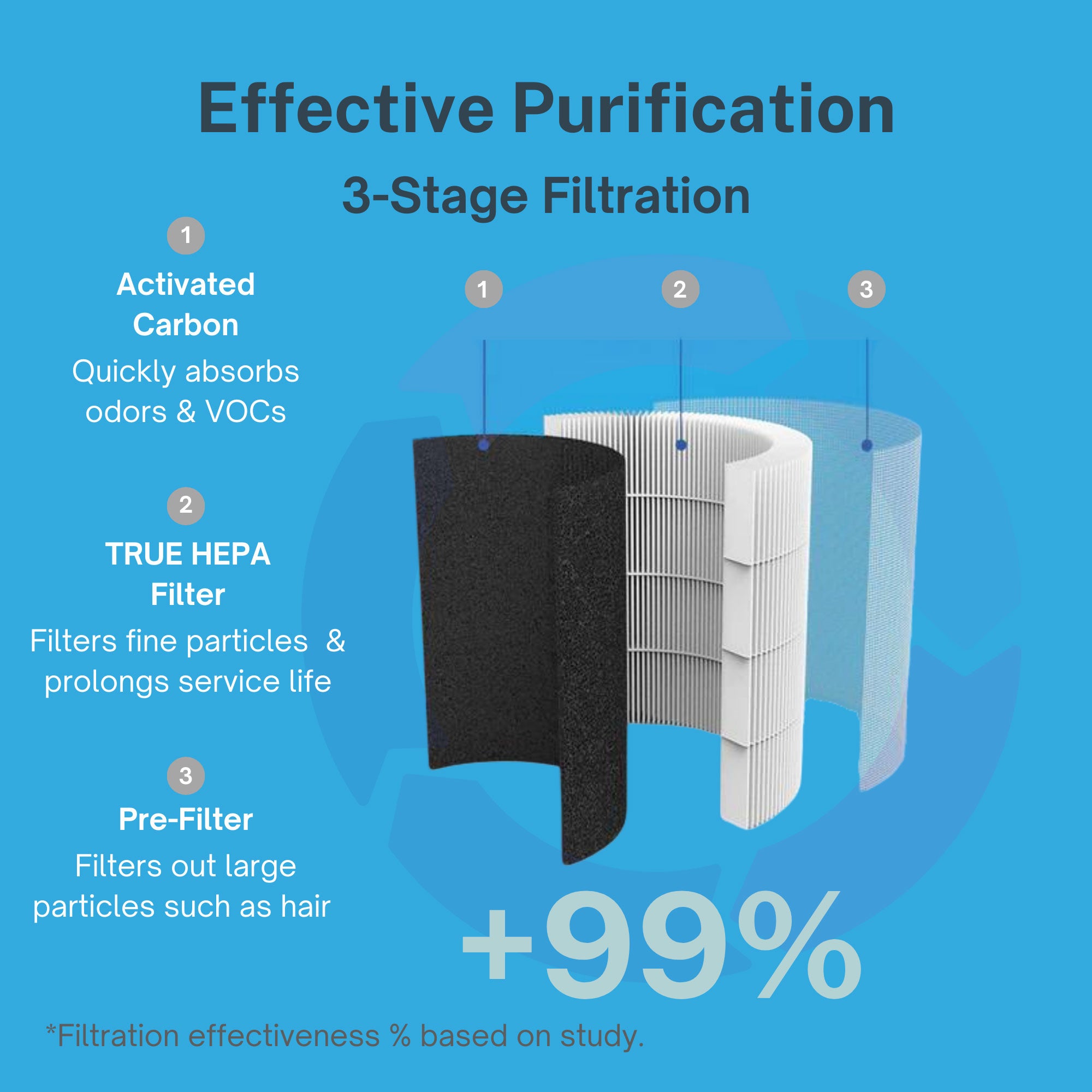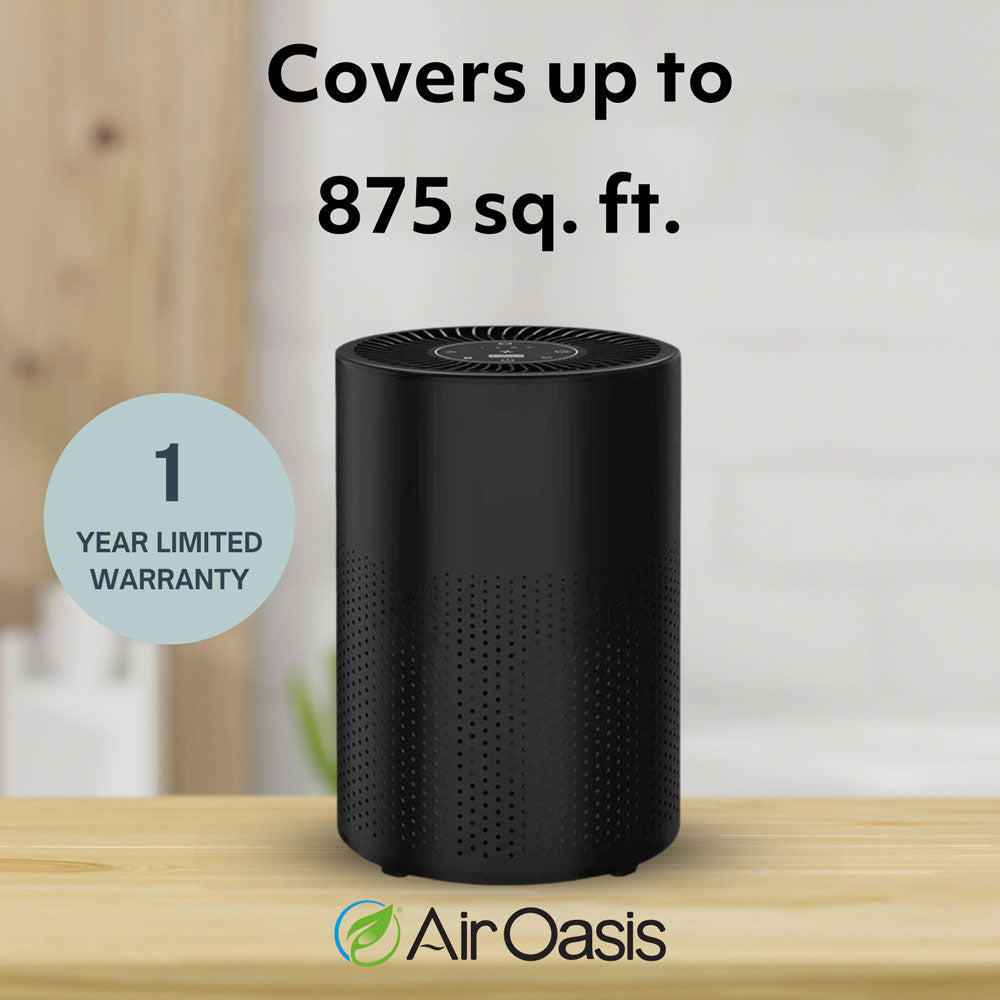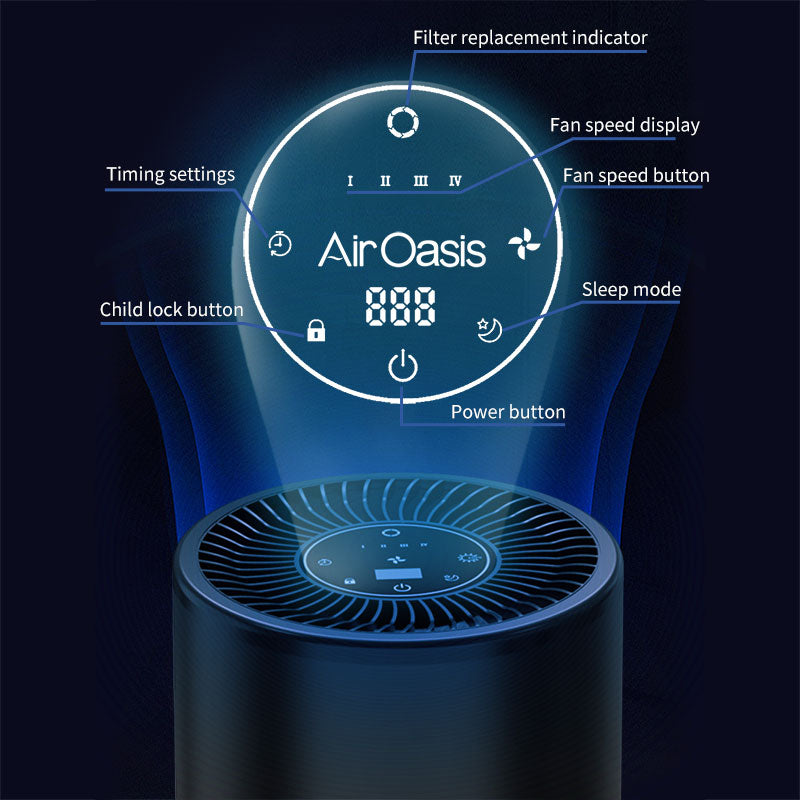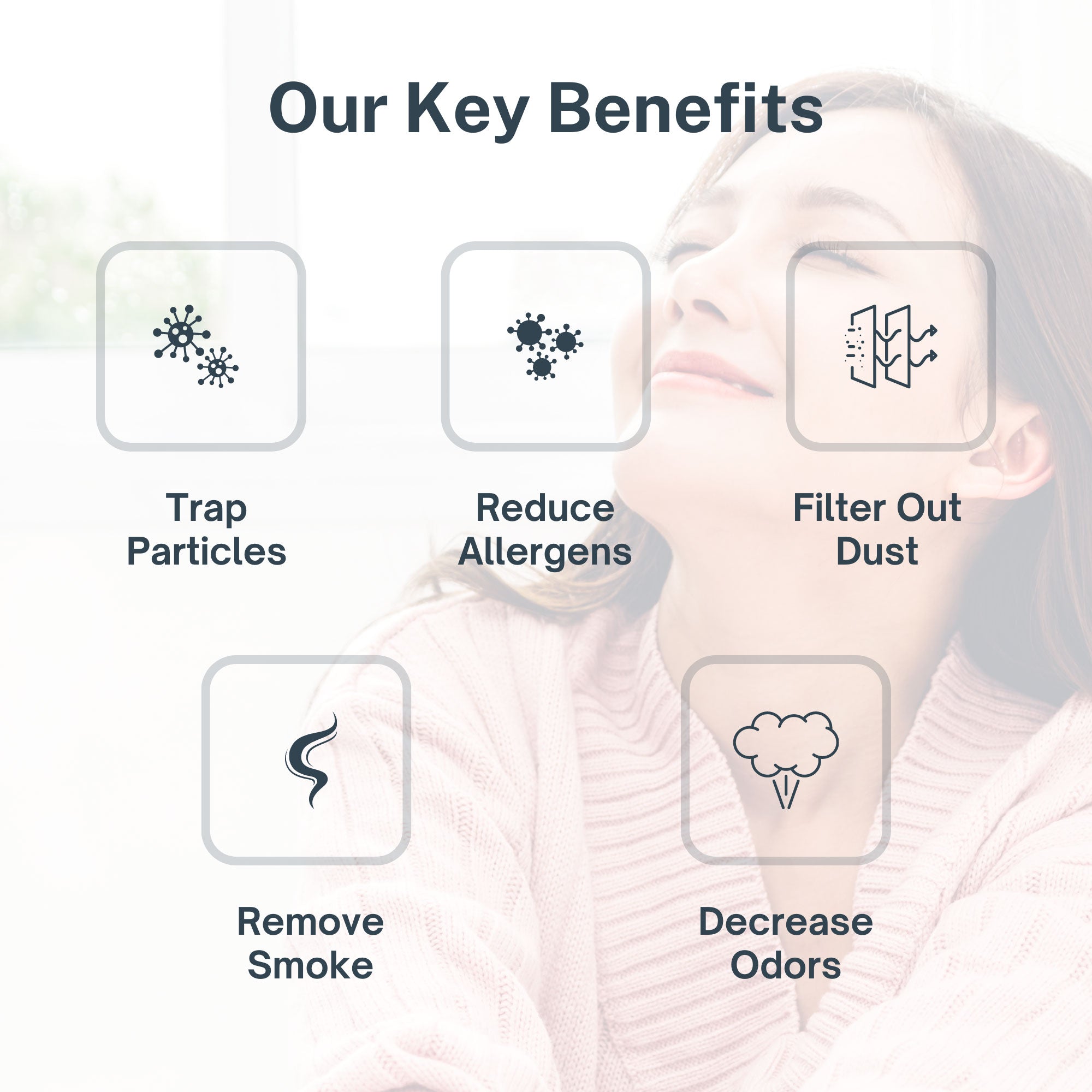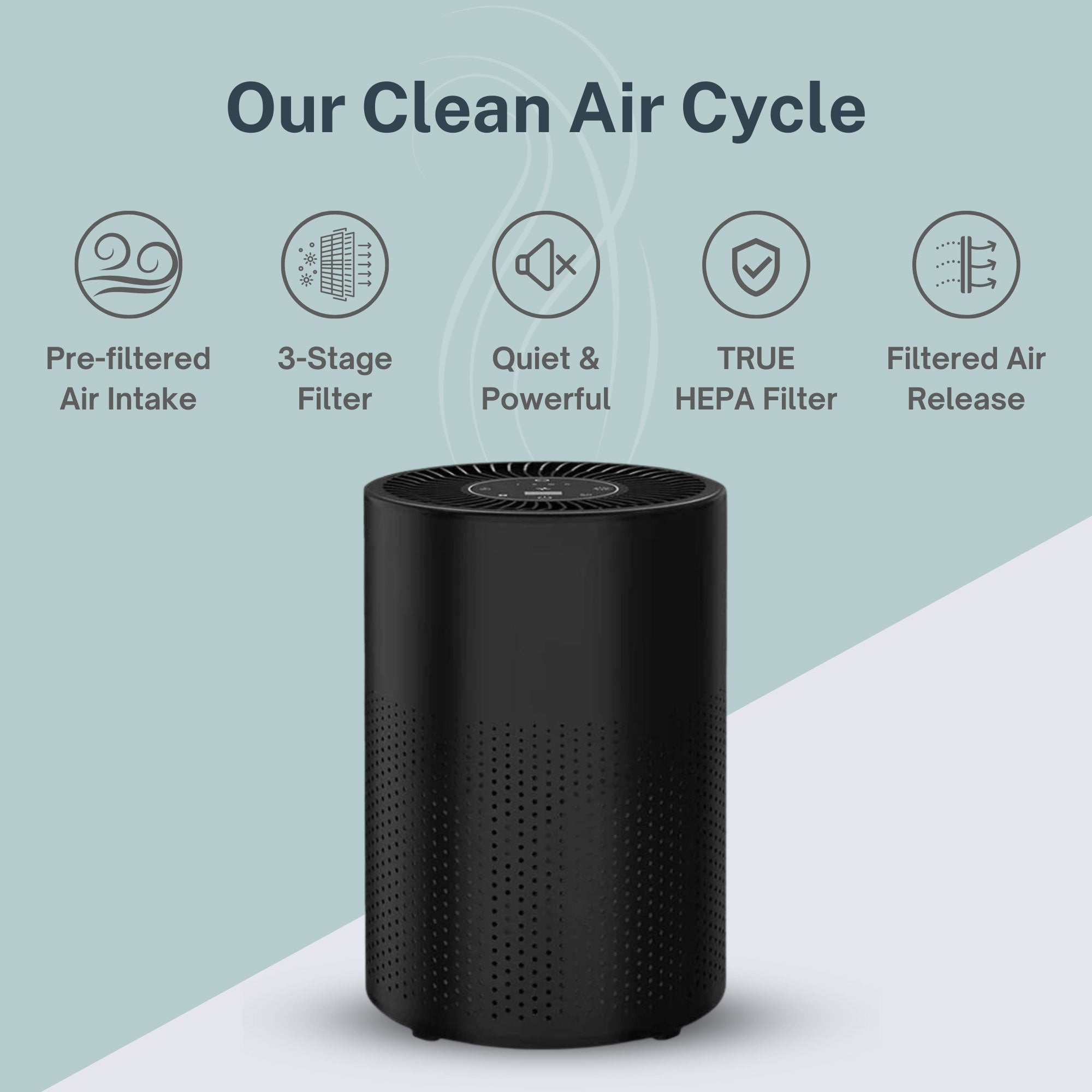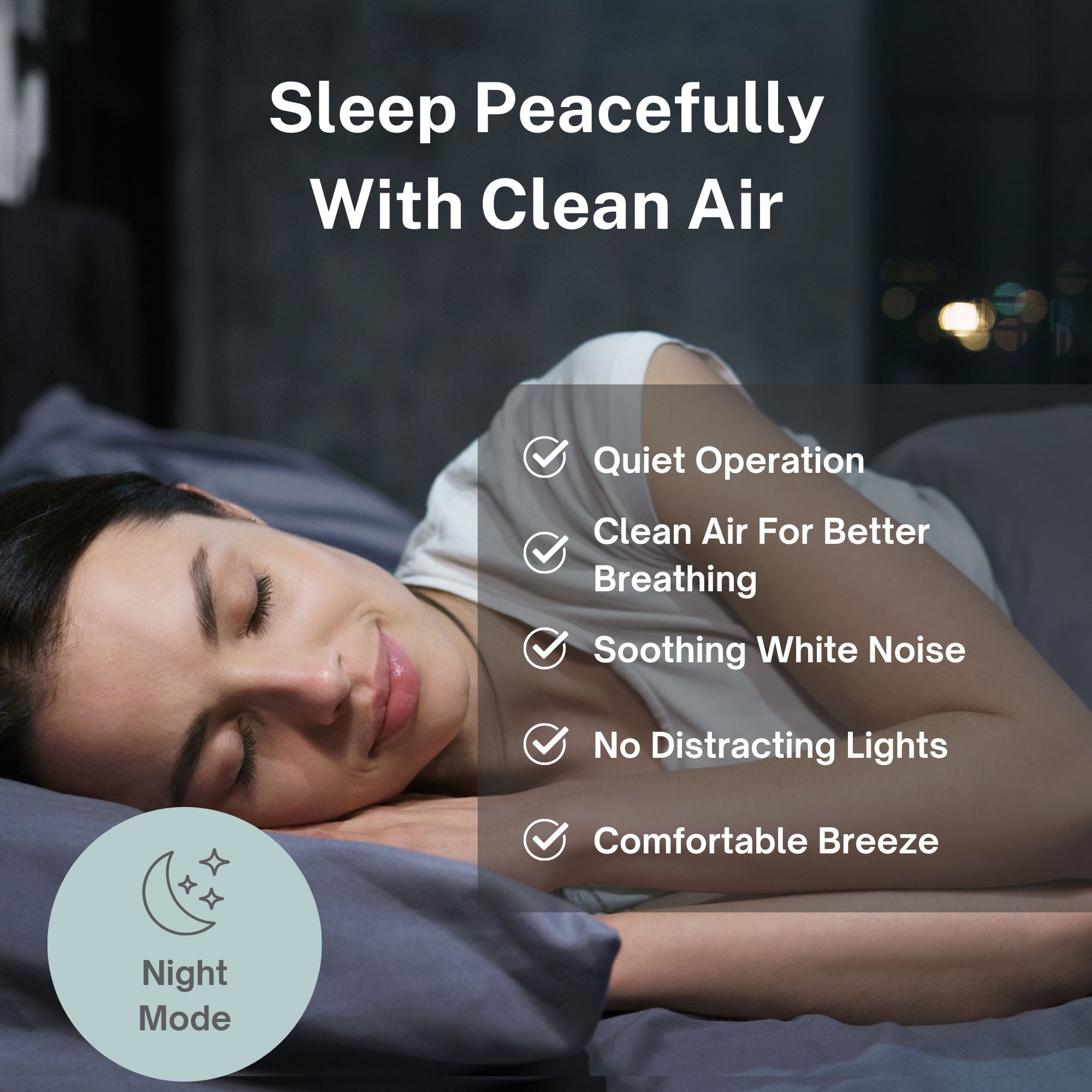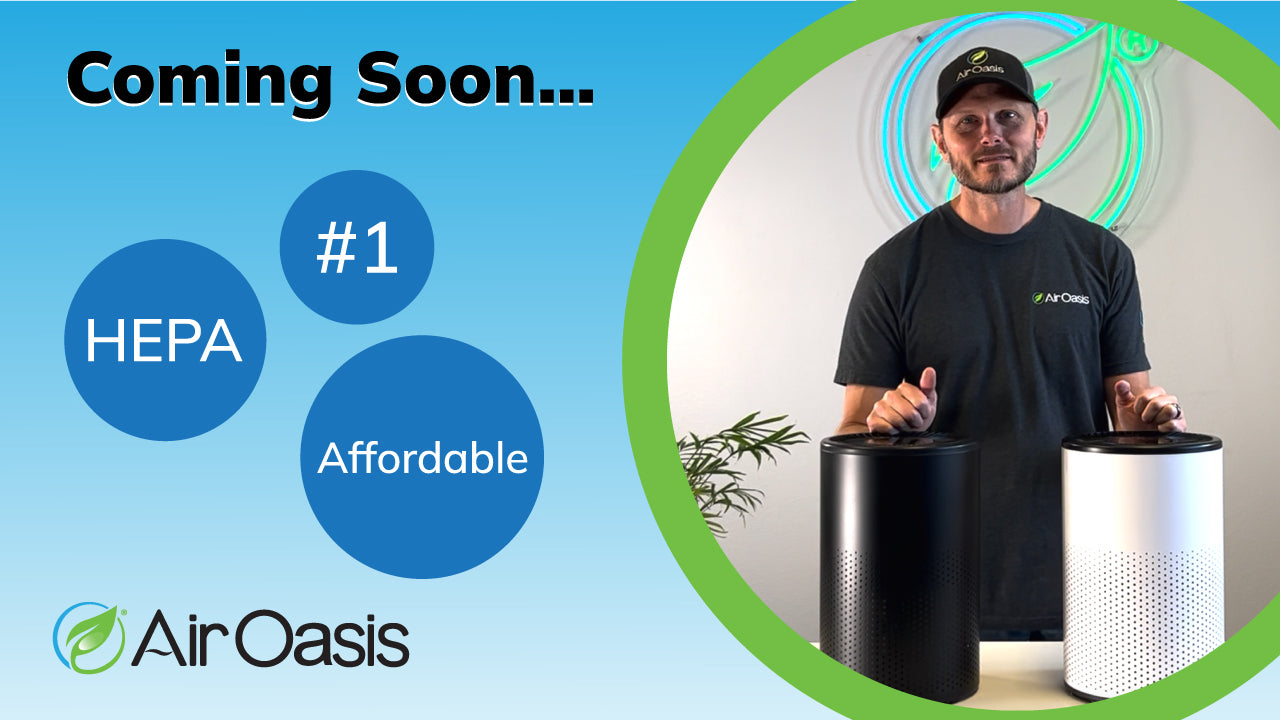You know that awful feeling of waking up with itchy eyes, a runny nose, and constant sneezing, only to realize that it's that time of year again? Ragweed season—ugh. For many, this scenario is all too familiar.
Ragweed allergies affect about 23 million people in the United States each year, making it one of the most common seasonal allergies. If you're one of the many sufferers, you know how disruptive and uncomfortable it can be.
Fortunately, there are natural ways to combat ragweed allergies and maintain a cleaner home environment. Let's dive into some effective strategies to help you breathe easier.
The Basics of Ragweed Allergies
Ragweed is a type of weed that produces fine pollen—a major cause of hay fever. This pollen is highly allergenic and can travel hundreds of miles through the air, making it hard to escape. The most common symptoms of ragweed allergies include sneezing, runny or stuffy nose, itchy eyes, throat, or ears, and headaches.
The impact of ragweed pollen on daily life can be significant, affecting sleep quality, work performance, and overall well-being. Therefore, finding effective ways to manage and reduce exposure to this allergen is crucial.
Natural Remedies for Ragweed Allergies
You don’t have to suffer through your ragweed allergy symptoms. Let’s look at some natural remedies.
Herbal Remedies
Nature offers several remedies that can help alleviate the symptoms of ragweed allergies. One of the simplest is local honey. Consuming a teaspoon of local honey daily can help your body build a tolerance to local pollen, including ragweed.
Stinging nettle tea is another excellent natural antihistamine. Drinking a cup of stinging nettle tea can reduce inflammation and provide relief from allergy symptoms. Additionally, incorporating quercetin-rich foods like apples, berries, and onions into your diet can help reduce inflammation and control histamine release.
Essential Oils
Essential oils can also help manage ragweed allergies. Peppermint oil is known for relieving sinus congestion—simply inhaling the aroma or using a diffuser can provide relief. Lavender oil, known for its calming properties, can help reduce stress and promote relaxation, which is beneficial when dealing with allergy symptoms. Eucalyptus oil supports respiratory health and can be used in steam inhalation to clear nasal passages.
Saline Nasal Rinse
A saline nasal rinse, using a neti pot or saline spray, can effectively flush out allergens from your nasal passages. Here’s how to perform a nasal rinse:
- Prepare the saline solution: Mix 1 teaspoon of non-iodized salt with 2 cups of warm distilled water.
- Fill the neti pot: Pour the saline solution into the neti pot.
- Rinse your nasal passages: Lean over a sink, tilt your head to one side, and gently pour the solution into one nostril. Allow it to flow out of the other nostril, then repeat on the other side.
- Finish up: Blow your nose gently to remove any remaining solution.
How to Clean Your Home to Remove Ragweed
Keeping your home clean is essential for reducing exposure to ragweed pollen. Here are some strategies for maintaining a pollen-free environment.
Regular Dusting and Vacuuming
Dusting and vacuuming regularly can significantly reduce allergens in your home. Use a vacuum cleaner with a HEPA filter to trap tiny pollen particles and prevent them from being released back into the air. When dusting, use a damp cloth to capture dust rather than just moving it around.
Air Filtration and Ventilation
During ragweed season, it's crucial to keep windows closed, especially during peak pollen times. Use air purifiers with HEPA filters to remove pollen and other allergens from the air (more on this below). Proper ventilation is also important; consider using exhaust fans to keep air circulating without letting in outdoor pollen.
Laundry and Bedding
Ragweed pollen can easily cling to clothing and bedding. Wash your bedding frequently in hot water to kill allergens. Using allergen-proof covers for pillows and mattresses can provide an additional layer of protection.
Controlling Indoor Humidity
Maintaining optimal indoor humidity levels (30-60%) can prevent mold growth, which can exacerbate allergies. To keep humidity levels in check, use dehumidifiers in damp areas like basements and bathrooms.
Immune Boosting Supplements
Boosting your immune system can help your body better handle allergens. Here are some supplements that can support your immune health.
Vitamin C
Vitamin C is a natural antihistamine and can help reduce allergy symptoms. Aim for a daily intake of 500-1000 mg. You can get vitamin C from citrus fruits, bell peppers, strawberries, and broccoli.
Probiotics
Probiotics are beneficial for gut health and can support your immune system. Consuming probiotic-rich foods like yogurt, kefir, and sauerkraut, or taking a high-quality probiotic supplement, can enhance your body’s ability to fight off allergens.
Omega-3 Fatty Acids
Omega-3 fatty acids have anti-inflammatory properties that can help reduce allergy symptoms. Sources include fish oil, flaxseeds, chia seeds, and walnuts. Aim to include these in your diet regularly or consider taking a supplement.
Air Purifiers: The Best Defense Against Ragweed Allergies
While natural remedies and home maintenance are crucial, air purifiers offer an additional layer of defense against ragweed and other pollen allergens. Clean indoor air is vital for allergy sufferers, and choosing the right air purifier can make a significant difference.
Features to Look for in an Air Purifier
When selecting an air purifier, look for the following features:
- HEPA Filters: Capture the smallest pollen particles and other allergens.
- Activated Carbon Filters: Absorb odors and chemicals, improving overall air quality.
- Bipolar Ionization: Actively cleans the air by neutralizing allergens and other pollutants.
- Silver Ions: Provide ongoing antimicrobial protection.
- UV-C Light: Ensures that the purifier remains clean and effective.
Air Oasis air purifiers are among the most effective on the market. Our line of iAdaptAir air purifiers incorporates each of these advanced, overlapping technologies to ensure comprehensive air purification.
Purify Your Air with Air Oasis
Ragweed allergies can be challenging, but with the right natural remedies and home maintenance strategies, you can significantly reduce your symptoms and improve your quality of life. Incorporate herbal remedies, essential oils, saline nasal rinses, and immune-boosting supplements into your routine. Keep your home clean and well-maintained to minimize exposure to allergens.
For an extra layer of protection, consider investing in an air purifier from Air Oasis. Their advanced technology and efficient design make them a powerful solution against ragweed and other pollen allergens. Shop our range of air purifiers and take the first step towards a healthier, allergen-free home. With these strategies, you can enjoy a more comfortable and symptom-free life, even during ragweed season.




